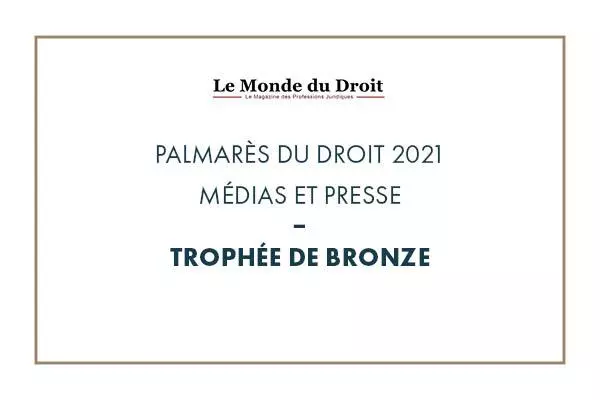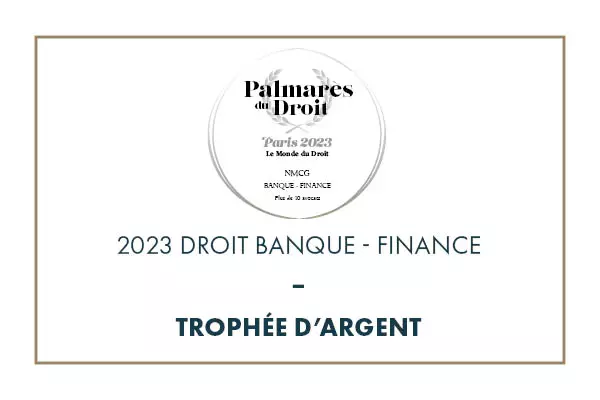Bank’s duty to warn […].
31 May 2023
Cass., Com, January 4, 2023, no. 15-20.117
In its ruling of January 4, 2023, the French Supreme Court (Cour de cassation) affirms that the informed nature of a legal entity borrower is assessed in the person of its legal representative.
1. The legal framework
Article 2299 of the French Civil Code imposes an obligation on professional creditors to warn natural person guarantors when the principal debtor’s commitment is unsuited to the latter’s financial capacities.
Failing this, the creditor will forfeit his rights against the guarantor to the extent of the loss suffered by the latter.
2. The facts
In this case, four employees had set up a holding company in order to acquire all the shares in the same company.
The acquisition was financed by a loan, for which one of the borrowers, the manager of the holding company, acted as guarantor. Following the company’s receivership and liquidation, the bank sued the guarantor for payment of the sums due.
However, the latter argued that he had failed in his duty to warn against the disproportionate nature of the loan granted to the holding company, in his capacity as manager and guarantor of the company.
The Court of Appeal ordered the guarantor to pay the sums due and rejected his claim for compensation for failure to warn, on the grounds that the guarantor had five years’ experience with his company, had held the position of sales manager and had doubled its sales.
The guarantor appealed to the French Supreme Court. It maintains that it is an expert in leveraged buyouts, and therefore owes a duty of care. It considered that the mere fact of having participated in the development of the company controlled by the holding company was not sufficient, in the absence of prior skills in this type of company, to confer the status of informed borrower.
3. Opinion of the Court of Cassation
The Cour de cassation dismissed the appeal on the grounds that the holding company was a well-informed borrower, and that the bank was therefore not under a duty to warn it. It maintains that the informed nature of the borrower, a legal entity, is assessed in the person of its legal representative.
Although she had not worked for a holding company prior to the disputed transaction, the plaintiff was in a position to assess, on the basis of the skills she had acquired in the target company, of which she was an employee, the risk of indebtedness arising from the granting of the loan taken out by the holding company, of which she was the manager, and which depended on the results of the target company. The holding company, a legal entity, was therefore to be regarded as an informed borrower, and the bank was therefore under no duty to warn it.















































